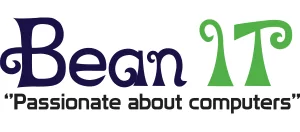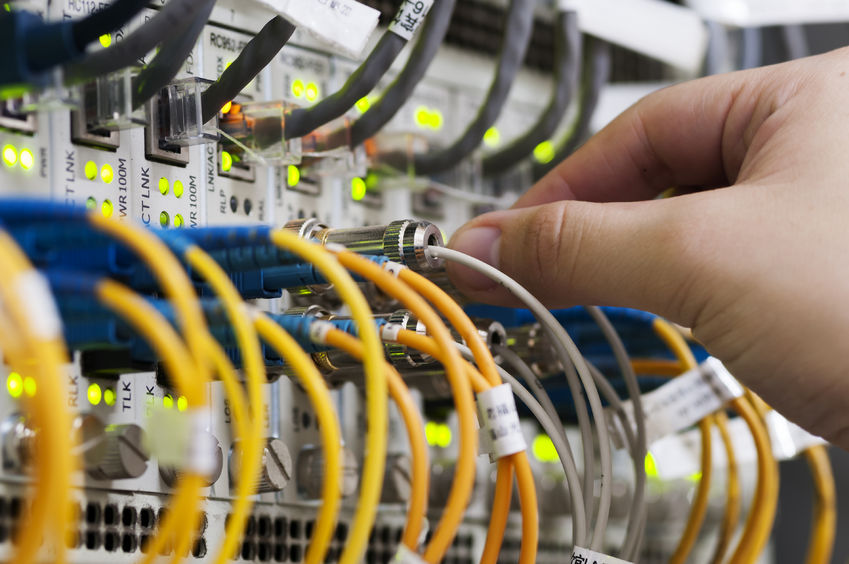The 6 major benefits of having your own network server
In the past having your own network server has often been seen as the preserve of much larger, more complex organisations. These days many small and medium sized businesses are seeing the advantages of owning a server.
Below are listed 6 of the key benefits that you will enjoy by investing in a network server:
Data security
Without doubt the most important benefit. Most small businesses operate a peer-to-peer network, whereby each computer workstation stores data on its own hard drive. The problem with this is that if a hard drive fails all of the data on that computer is lost; unless of course someone has had the good sense and good timing to back-up the files just before it crashed. Unfortunately, few businesses back-up regularly and the resultant loss of time and money can be dramatic.
With a local network server, you have the undoubted benefits of redundant hard drives, redundant power supplies and automated back-ups. This makes you far less dependent on the individual computers, eliminates multiple points of failure and increases uptime; because when a server hard drive or power supply fails you can continue to go about your daily business with minimal disruption.
Data recovery
Anyone who has ever deleted a file by mistake will appreciate this ingenious tool. The Volume Shadow Copy Service on your server automatically copies data stored on your network drives multiple times per day; depending on how you configure it. As a result, if you ever make an error you can restore and recover previous versions of the file just with a few clicks of your mouse.
Data centralisation
When you have a local server all your data is centralised, which makes it far easier to maintain control and back-up. To provide you with even more control, you can assign permissions which allow only specific users or groups to access certain folders; thereby locking out all unauthorised users.
User control
All users and passwords are controlled centrally by a network server, which makes it simplicity itself to add new users or disable access in the event that an employee leaves the company.
User monitoring
Using 3rd party software linked to your server, allows you to have the ability to track all user activity such as the web sites that people visit or what files are being accessed.
Remote access
With all your data safely stored on a server, you have the capability to configure a VPN (Virtual Private Network), which enables you to easily access the data wherever you may be. In addition, it empowers you and other authorised personnel to access any and all company files from remote locations.
Conclusion
Owning your own server is like having insurance for your car. It may seem like an additional expense that you can do without, until you have an accident or a breakdown. It’s worth remembering that according to the National Archives and Records Administration; a staggering 80% of businesses without comprehensive IT security and recovery strategies go out of business within 2 years of a major disaster?*
It’s a frightening statistic which is made even more worrying by the fact that we live in a digital age. Almost every employee has access to a company computer with important data yet the vast majority of companies are unprotected.
For more information about servers and a no-obligation chat about how Bean IT can work for you, please contact us by calling 0121 667 8977 or email us at info@beanit.com






